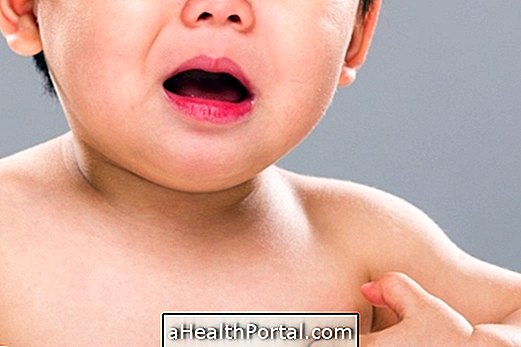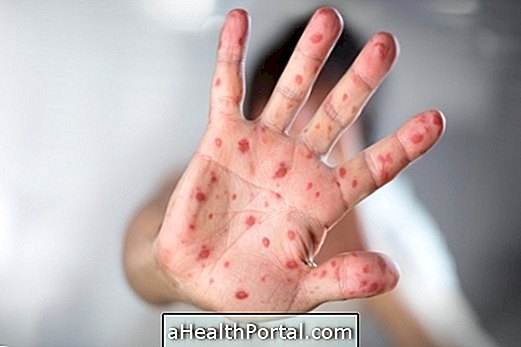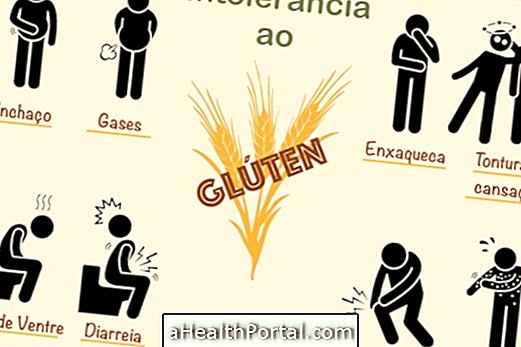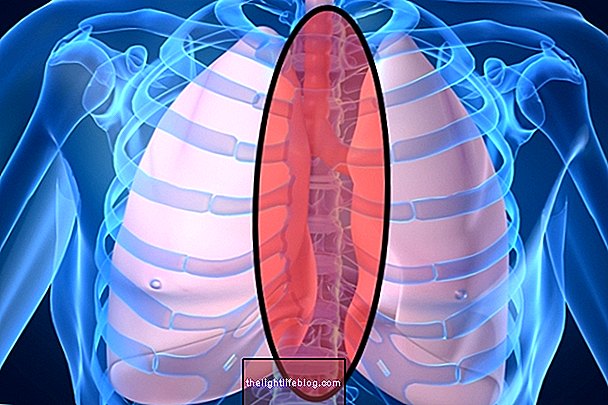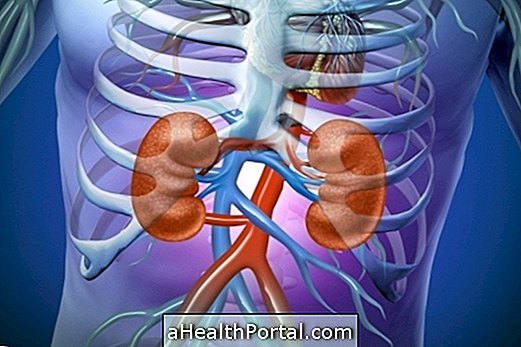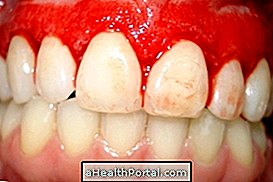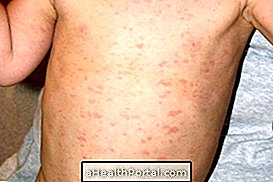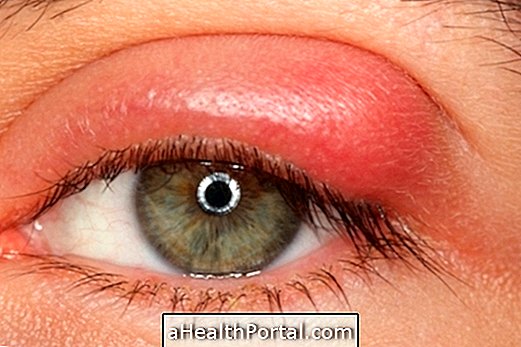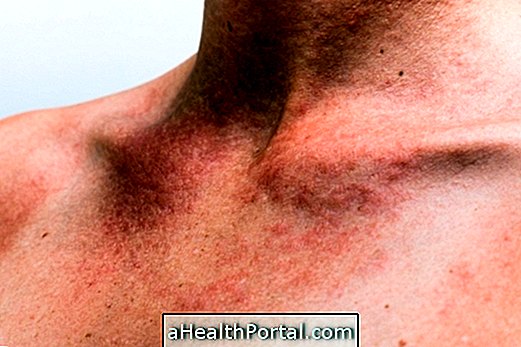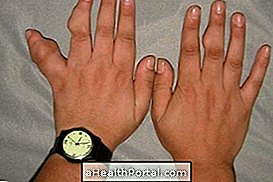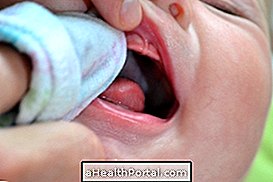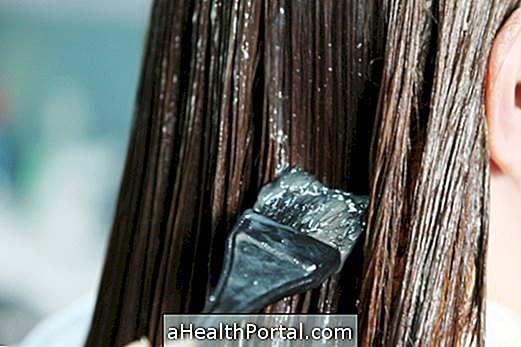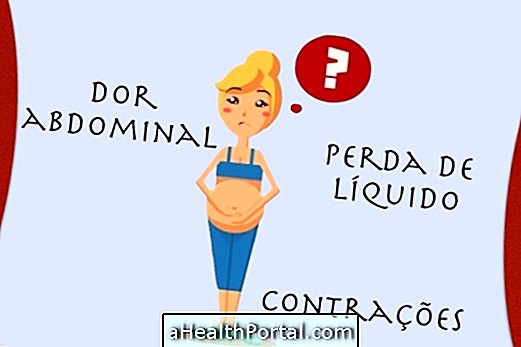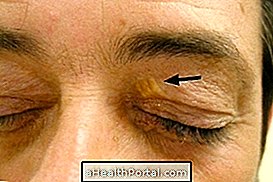Chickenpox, also called chickenpox, is a disease caused by the varicella zoster virus, and is a highly contagious disease that manifests itself through blisters or red patches on the body and intense itching. Its treatment is done in a way to control the symptoms, with remedies like Paracetamol and antiseptic lotion to dry the wounds faster.
Here are some common questions about chicken pox.

1. Is adult chickenpox too serious?
Chickenpox affects, especially, children, but can affect individuals of all ages, in this case, more severe. In addition to the typical chicken pox wounds, which appear more often in adults, other symptoms such as sore throat and ear pain may also be present. However the treatment is done in the same way so as to control the symptoms. Learn more details of the chicken pox in the adult.
2. How many days does the chicken pox last?
Chickenpox lasts 7 to 10 days, being contagious mainly in the first few days, and is no longer contagious when the blisters begin to dry, because the virus is in the liquid present inside the blisters. See all the care you must have to keep your chickenpox out of others and not get contaminated.
3. Can I get chicken pox more than once?
This is a very rare situation, but it can happen. The most common is that the person had a very light version for the first time or that it was actually another disease that may have been mistaken for chicken pox. So when the person is actually infected with the chickenpox virus a 2nd time, it develops shingles. Learn all about shingles.

4. When can chicken pox be very severe and leave sequelae?
Rarely can chickenpox be severe, having a benign course, which means that in more than 90% of cases it does not leave sequelae, and cures alone in less than 12 days. However, chicken pox may be more serious and cause complications in case of people with weakened immune system, as can happen in case of cancer treatment, for example. In this case the body has more difficulty in combating the virus of chickenpox and this cause diseases like pneumonia or pericarditis, for example. Know all the sequelae and complications that chicken pox can leave.
5. Does the chicken pox get in the air?
No, chicken pox is transmitted from person to person through contact with the liquid present inside the blisters. Thus it is not possible to take the chicken pox through the air, since the virus is not present in the air.
6. How to remove chicken pox stains?
The best time to remove the dark patches left by the chicken pox is soon after its onset and to have controlled the disease. You can use whitening and healing creams, but it is important not to expose yourself to the sun for at least 6 months after you have had chicken pox. When stains have been on the skin for more than 6 months, it may be more difficult to remove these stains and it is recommended to follow aesthetic treatments such as laser or pulsed light. Check out more tips on how to get rid of chicken pox stains.
7. What is the best age for chicken pox?
Having chickenpox in infancy is simpler than in adulthood, but infants less than 1 year of age should be protected because they do not yet have developed immunity. Up to 6 months, the baby is believed to be stronger against the virus because it received antibodies from the mother during pregnancy, but that immunity does not completely prevent it from being contaminated. Thus, it can be said that between 1 and 18 years would be the best phase of having chicken pox.

